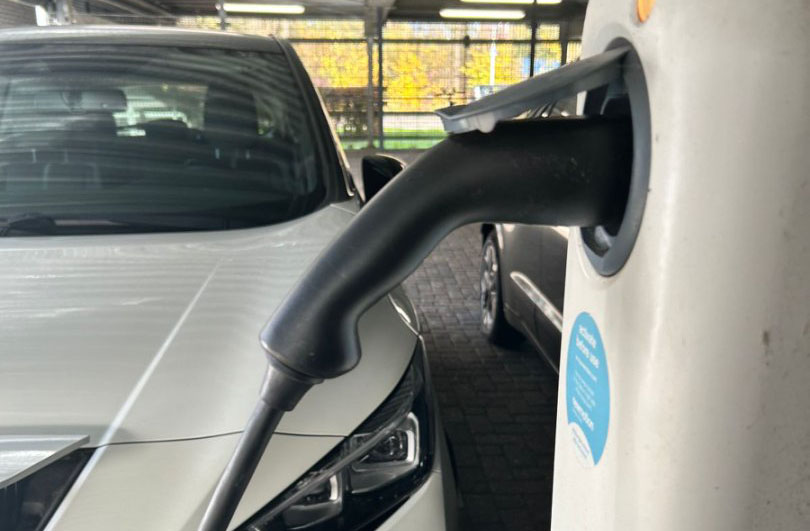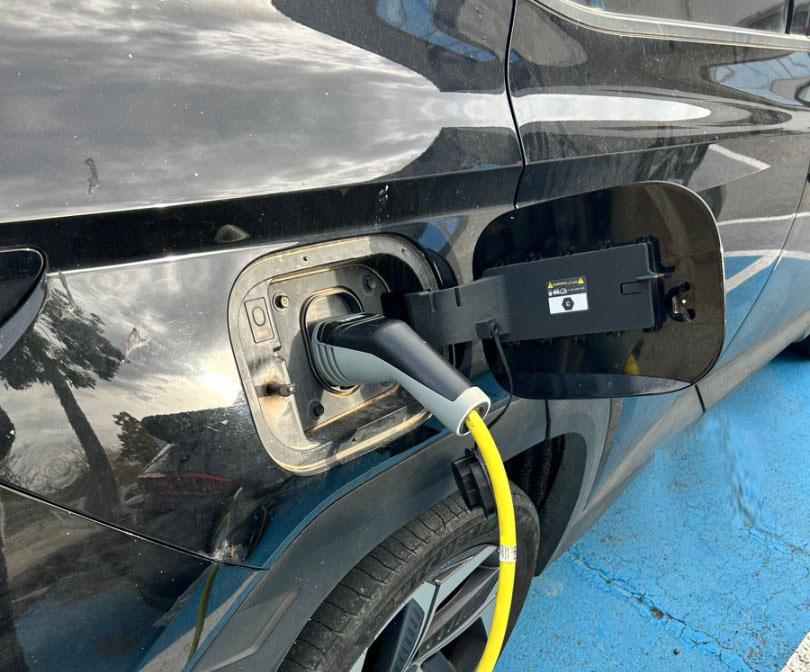8/21/2025
One of the most common questions for users new to electric vehicles is: How often does an electric vehicle need to be charged? Do you have to charge it every day? Many people who switch from gasoline-powered vehicles to electric vehicles worry about "range anxiety" and charging frequency. In fact, charging an electric vehicle is not as complicated as you might think, and it's much easier than you imagine.
Generally speaking, most electric vehicle owners only need to charge their vehicles 2–3 times a week. The specific frequency depends on the following factors:
If your daily driving mileage is under 50 kilometers, there is no need to charge daily. Just as you wouldn't refuel a gasoline-powered car after driving 5 kilometers, electric vehicles also don't need to be "fully charged" every day.
Many new owners worry: If I don't charge at night, will there be no power available the next day? In fact:
A more scientific approach is to schedule charging based on driving needs. Most smart charging stations also support scheduling functions, allowing you to choose off-peak hours for charging, which is both economical and convenient.

Unlike filling up a gasoline vehicle, it is not recommended to charge an electric vehicle to 100% every time.
Modern electric vehicles are generally equipped with a Battery Management System (BMS), allowing users to set a maximum charging percentage via the in-car system or charging app to prevent overcharging.
Different vehicle models, driving habits, and environmental factors all affect range. Generally speaking:
The main factors affecting range include:
If an electric vehicle is not driven for several days or even weeks, will the battery charge gradually decrease?
The answer is: There will be a small amount of battery drain, approximately 1%–2% per day, a phenomenon known as "static discharge" or "standby current." This is because the system continues to run in the background.
Countermeasures:
Many users find overnight charging most convenient, but is it safe?
The answer is: completely safe.
Safety tips:
The impact of driving habits on charging frequency
Don't assume that charging frequency is solely related to battery capacity—driving habits also play a crucial role.
Therefore, good driving habits not only save energy but also extend battery life.

Electric vehicles do not need to be charged every day; in most cases, charging 2–3 times a week is sufficient. The key is not the frequency of charging, but whether the charging method is scientific:
This way, your electric vehicle will not only maintain sufficient power at all times, but also extend battery life and make travel more convenient and worry-free.
The following are our popular EV charging products that you may be interested in. If you have any questions, please feel free to contact us, and our specialists will answer within 24 hours.